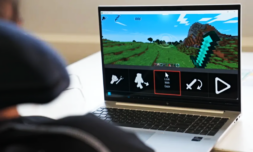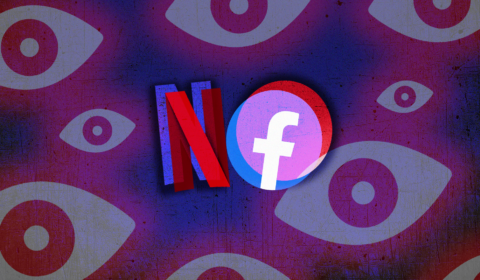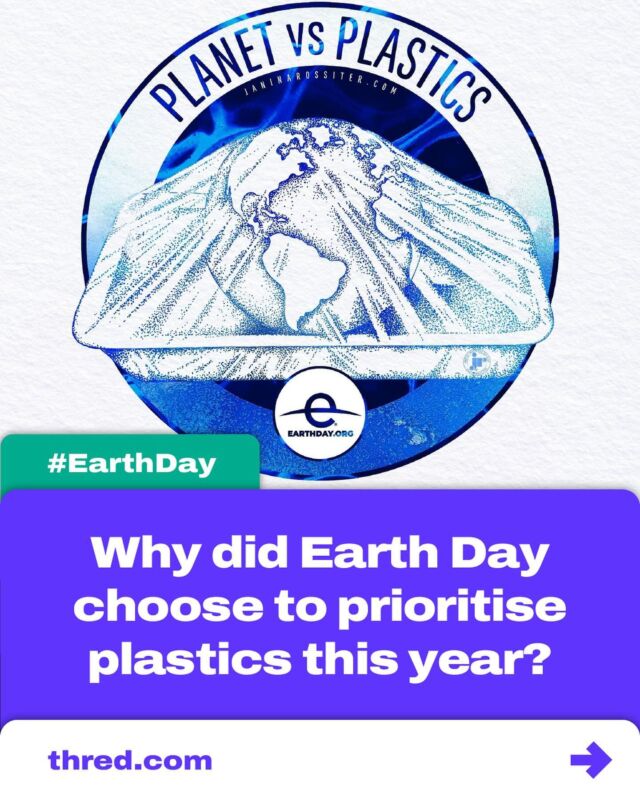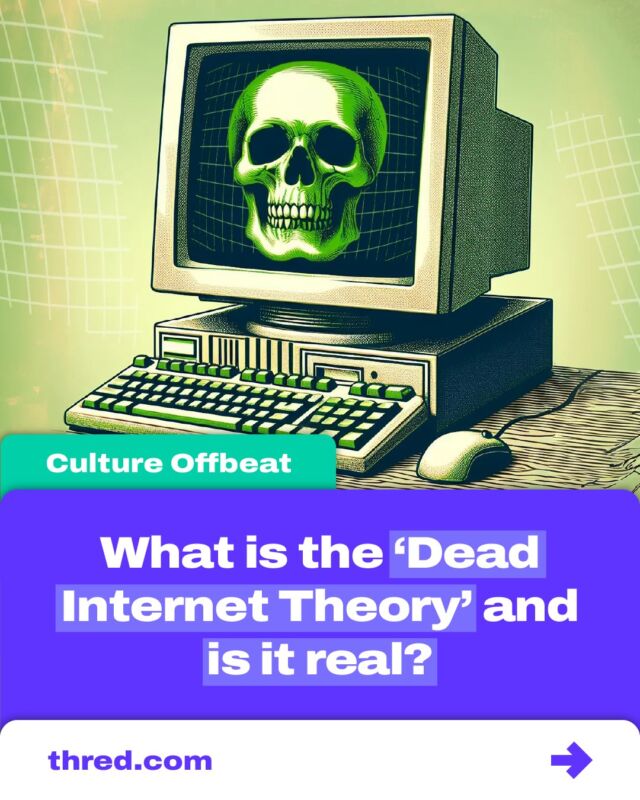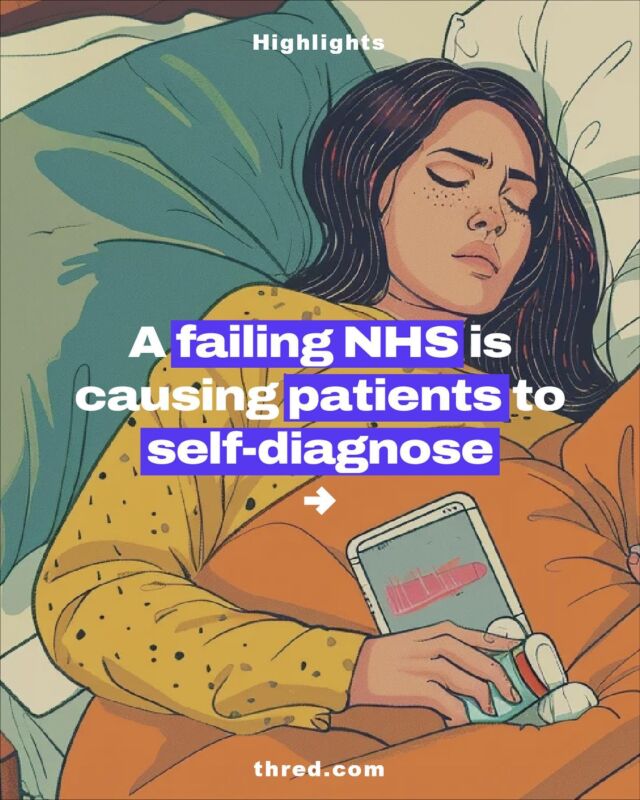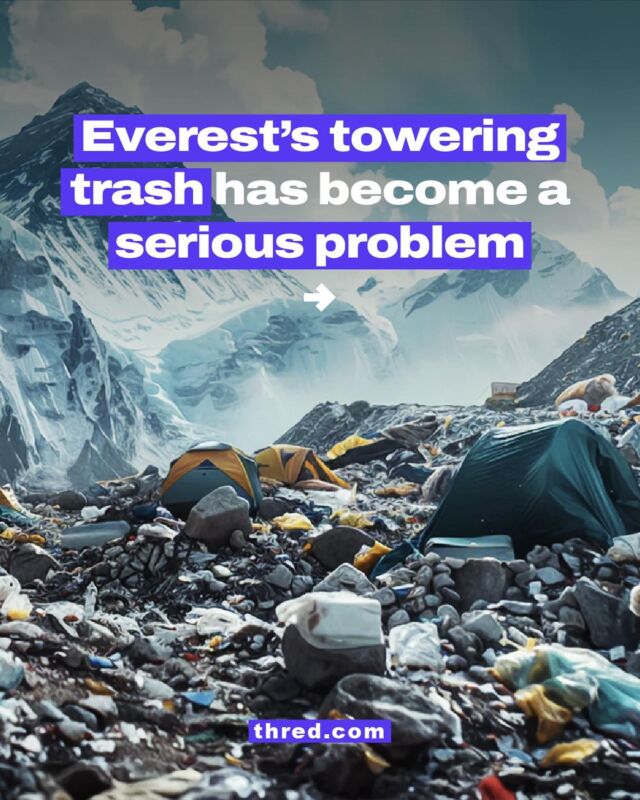Clover Hogan criticised for saying tech won’t solve the climate crisis
Yesterday, in a series of tweets, the Gen Z environmental activist branded the belief in ‘shiny, silver bullet solutions’ to the crisis as the most insidious form of climate denial. This has been met with intense backlash from not only users, but the CEO of Tesla and X himself,...
Current in Tech
The unsettling truth behind Amazon’s ‘Just Walk Out’ technology
For years, Amazon has been at the forefront of technological innovation, promising to revolutionize the retail industry with its cutting-edge ‘Just Walk Out’ technology. This AI-powered system, which allowed customers to simply pick up their items and leave the store without going through a traditional checkout process, was hailed as...
First solar-powered vinyl record press built in US
Dave Newell, a Florida-based musician and avid record collector, has, alongside environmentalist wife Betsy Bemis, created the first solar-powered vinyl record press in the US. They call it ‘Audiodrome’. The first sustainable vinyl record press has opened in the US for Earth Day, and it has nowt to do with...
Touchless tech is a huge gaming accessibility upgrade
Accessibility to games for disabled people used to require expensive specialist equipment. Now, sophisticated – and free – applications like MotionInput are helping to make the hobby more equitable. Picking up a controller or a mouse is second nature to the majority of game enthusiasts, but there is a large...
Creating deepfake porn is about to become illegal
A new law will serve to protect the overwhelming majority of UK-based women who believe deepfake technology poses a serious threat to their safety. As the capabilities of Artificial Intelligence (AI) advance, people everywhere have raised concerns about how this technology will impact job security, education, and our everyday lives. Women,...
Science confirms touch alleviates anxiety amid spiking levels globally
As the world grapples with a mental health crisis post-pandemic and in light of findings that record numbers of people are now suffering from anxiety, scientists have been looking for new ways to treat the condition. According to a recent study, hugs are one such solution. The world is grappling...
Cosmologists convene to question accepted view of the universe
Some of the world’s top cosmologists are meeting at London’s Royal Society to scrutinise an accepted theory on the universe’s formation. The view, formed in 1922, suggests that the universe is a vast, even expanse with no notable features. We’re floating on a rock in a vast cosmic expanse, that much is a given. Exactly what that expanse looks like when zoomed out beyond the range of planets, stars, and...
Palmsy is the new anti-social media app feeding our tech addiction
With artificial likes and follows, Palmsy replicates the dopamine hits we receive from social media whilst protecting our private information. But are these projects doing more harm than good? Social media dominates nearly every interaction we partake in nowadays. Whether that’s a good or bad thing is still up for debate, but it hasn’t stopped apps from trying to save us from ourselves. From Calm to OFFTIME, tech companies...
New study suggests that pregnancy can make you age faster
According to recent research, women who have been pregnant before are more likely to exhibit signs of accelerated biological ageing compared to women who have never been pregnant. While it may feel like common knowledge that pregnancy ages you, a new study published in Proceedings of the National Academy of Sciences has confirmed that growing a human being from scratch can make your body between two to 14...












